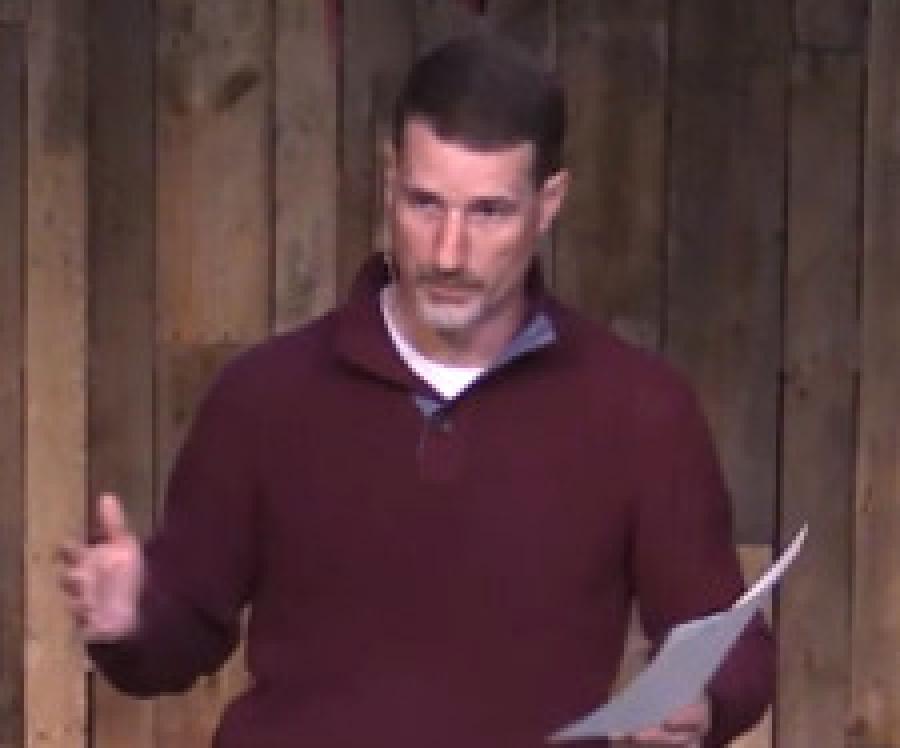The Restorative Church Discipline Process: Series Introduction
Image

Editor’s note: This video introduces a series on the topic of local church discipline. Subsequent installments in the series will be in article form. Reposted, with permission, from bradhambrick.com.
The goal of church discipline is restoration. The process of church discipline should be clear, so that confusion does not create temptation towards mistrust. The role of each person involved should be clear so that differing ideas about what should be happening do not distract from restorative efforts.
This post provides the training and documentation guide for the Summit’s church discipline process. It is the first post in a series designed to equip pastors/elders/churches to conduct church discipline with restorative excellence.
The following steps are recommended for a church considering adopting this document as their church discipline guide.
- Read the document above in its entireaty to familiarize yourself with it.
- Watch the video or listen to the podcast to better understand how it is designed and intended to be used.
- Revise the document to fit your church by-laws, polity, theology, and culture.
- Ask all church elders (lay and staff) who may oversee church discipline to read your revised edition of the process document and go through the training above.
In order to better facilitate and equip pastors/elders/churches to conduct restorative church discipline with excellence, a series of resources are being developed to supplement this process document. Each of those supplements are linked below.
The “pre” and “post” designation is in reference to the formal conversations and structured process defined in the document above.
Pre-Discipline Supplemental Resources
- How and When Does Church Discipline Begin?
- An Open Letter to Someone Entering Church Discipline
- Tiered Strategies for Contacting Someone Who is Non-Responsive to Church Discipline
Post-Discipline Supplemental Resources
Brad Hambrick Bio
Brad serves as the Pastor of Counseling at The Summit Church in Durham, NC. He also serves as Instructor of Biblical Counseling at Southeastern Baptist Theological Seminary, a council member of the Biblical Counseling Coalition, and has authored several books including Do Ask, Do Tell, Let’s Talk: Why and How Christians Should Have Gay Friends and God’s Attributes: Rest for Life’s Struggles.
- 47 views
It should be noted here that this process is set up really for after someone “passes” the test in the first two steps of Matthew 18:15-17—they have confessed their sin and asked for the church’s assistance in overcoming it. It strikes me as well that the documentation of the process serves somewhat to keep people apprised of the relevant facts, but probably even more so to avoid lawsuits as churches move to sever fellowship.
There is something to be said for that, really, but part of me wants to note that the foundation for an effective restoration process lies in the relationships with church members before a sin is uncovered, and for that matter also lies in the willingness of those confronting to be open to the possibility they might be wrong. A lot of the time, when we talk about discipline, we really think of punishment, when the root word for Strong’s 3811 actually refers to training. We think spanking when the primary meaning is instruction, more or less.
Aspiring to be a stick in the mud.
Some good resources for reading up on lawsuits and avoiding them…
- When Church Discipline Goes Really Public — The Gospel Coalition
- How to Do Church Discipline (Without Getting Sued) — Also TGC, and from a Canadian law perspective, but still helpful.
- 22 Mistakes Pastors Make in Practicing Church Discipline — Andy Naselli
- Informed Consent: Biblical and Legal Protection for Church Discipline — from 9 Marks
As NT congregations, our priority has to be obedience to Christ, but there are often common sense measures that can help us do that while reducing the likelihood of getting sued. The biggest one is ensuring “informed consent.” That said, there’s no way to guarantee a suit won’t happen, and we can’t let fear of that keep us from following the instructions we’ve been given.
Views expressed are always my own and not my employer's, my church's, my family's, my neighbors', or my pets'. The house plants have authorized me to speak for them, however, and they always agree with me.




Discussion